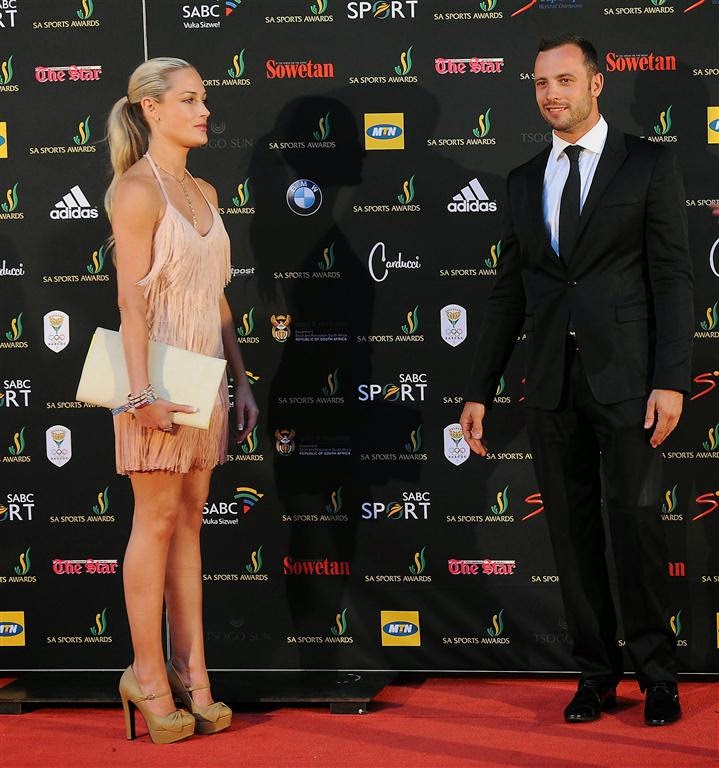When the prison gates were opened
TO COMMENT ON THIS POST GO TO OUR FACEBOOK PAGE: THE Kasiekulture BLOG & write your comment on the wall
Tshifhiwa
Given Mukwevho spent eleven of his twenty-nine years jailed at various prisons including
privately-owned Kutama Sinthumule Maximum Security Prison in Makhado. He was
arrested in 2000 for breaking and stealing from various businesses in Makhado
and slapped with a 22-years prison sentence.
Today
he is out on parole which is frustrating. “Being a parolee means you cannot go
to places of your will without first informing your probation officer. Even
when it means going to a tuck shop, you must leave a message in case an officer
finds you absent at home”, he says.
Mukwevho was born in Madombidzha village
outside Makhado where he stayed with a single mother’ who was always off
fending in Johannesburg’. He says while he ‘can’t cite any social conditions as
a cause for my crimes’ he yearned for certain things and as nobody could
provide for him he stole money from shops to buy clothes for himself.
At
Kutama Mukwevho pursued creative writing through UNISA. “When I was released in
2010 the first person I met was a man who was going to become my publisher,
Vonani Bila,” he remembers.
Through
Timbila, Mukwevho has since published a collection of short stories titled A Traumatic Revenge. He’s happy that readers
do not classify it as prison writing. By his own confession ‘the writer's
physical being was inside, but the soul hovered somewhere in between with one
eye glimpsing the outside life and the other witnessing the inside life.’
He is currently working on a manuscript titled The Violent Gestures of Life which is
about life in prison, “The boy wanted to sodomise Bheki; that’s his claim
anyway. Was there any need for Bheki to take a ghastly decision to stab him
with a knife though? Was it the only decision to arrive at? It is likely his
intention was to warn the new boy, send him away with the knowledge that if he
continued demanding sex from other boys he might die sooner than he had
expected”.
Mukwevho
has become a sought-after ChiVenda poet. Last year he headlined the Polokwane
Literary Festival and relates to temptations incarceration brings. “He (another
inmate) gives you books, and even adds at least three new pens he has arranged
from his connections. The next thing he sends a piece of note requesting
exchange of love favours. Sodomy is not just a word: Sodomy invokes images of a
man inserting his penis into your anus”, Mukwevho wrote in an essay.
His
sanity was saved by a supply of reading material which chiselled the juvenile
into an inmate poet who published eleven poems in Timbila 6. “I managed to write lots of stuff from within the prison
walls and I cannot label myself a prison writer.” he adds. Amongst the throngs
of people whose material he read was Bessie Head, Njabulo Ndebele, Andre Brink,
Lufuno Ndlovu and Can Themba. Newspapers introduced him to Sello Duiker,
Phaswane Mpe, Niq Mhlongo, Sandile Memela etc.
“Mac
Manaka and David wa Maahlamela are two people whose poetry I encountered when I
was in the single cells in Thohoyandou Prison. Wa Mahlamela's poetry was
featured in Sowetan Sunday World's
poetry page, while Mac's poetry and an interview appeared in S'camtho youth magazine,” he adds.
Elana
Bergin, editor at University of Kwazulu-Natal Press who mentored Mukwevho since
he was incarcerated testifies that there’s a lot of improvement in him. Bergin
says Mukwevho has improved on his understanding of structure and his English.
“He’s a brilliant poet. Has worked hard and improved a lot. I can say he is a
very promising writer”, she says.
A
free Mukwevho is currently negotiating a national publishing deal for his first
novel. He lives with his partner and child in Makhado and writes for three
local newspapers.
“I was arrested at a very young age, so
the prison experience taught me that I have got to work hard for everything I
need in life. That's the reason why I was able to study hard and have a focus
on life while I was still in jail”, he says.
TO COMMENT ON THIS POST GO TO OUR FACEBOOK PAGE: THE Kasiekulture BLOG & write your comment on the wall

















